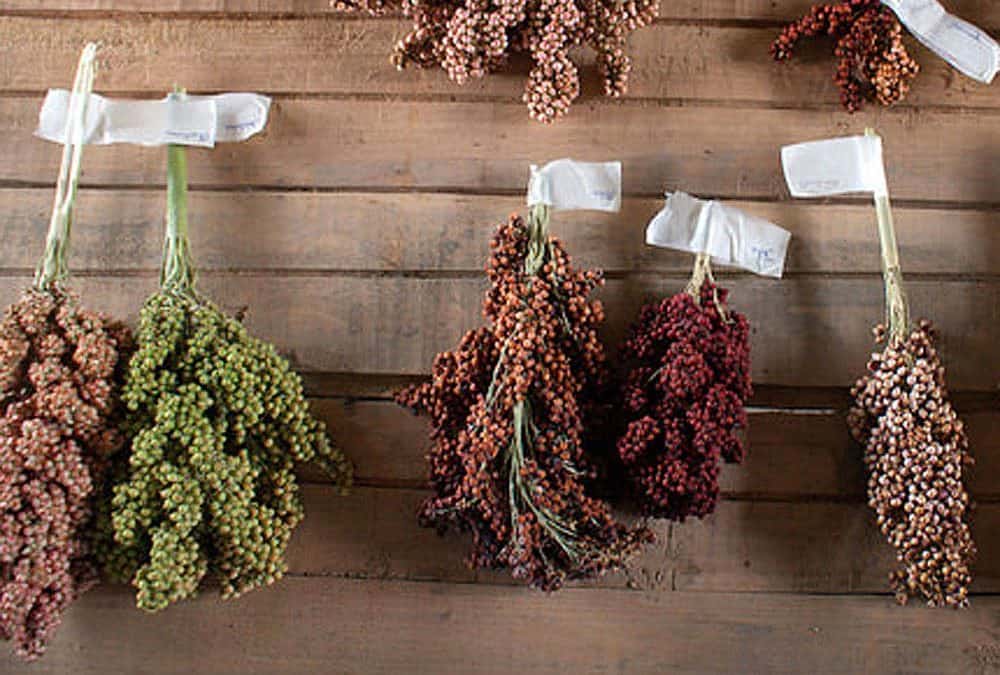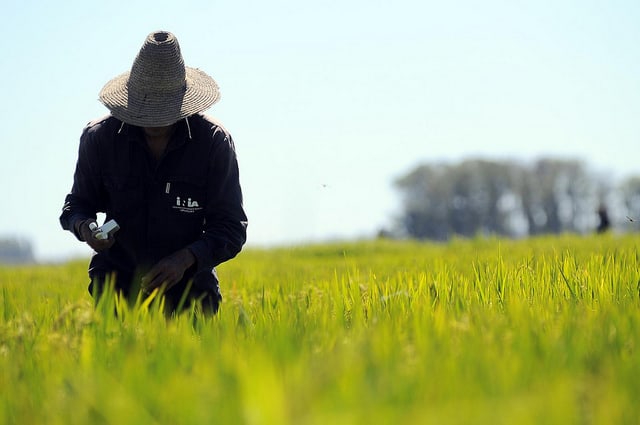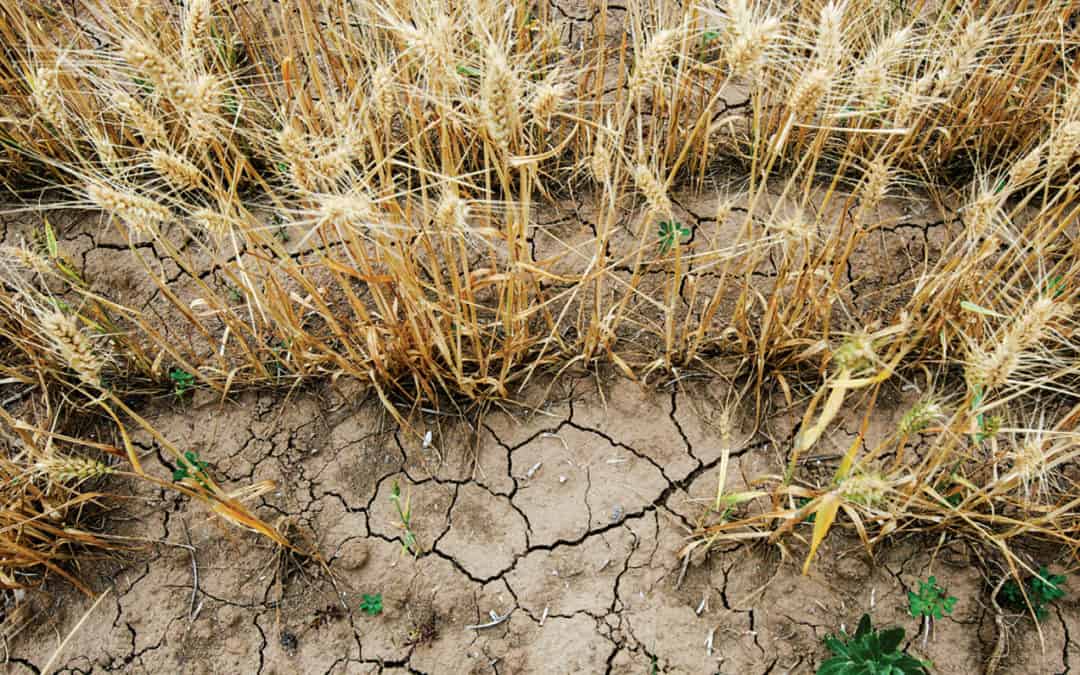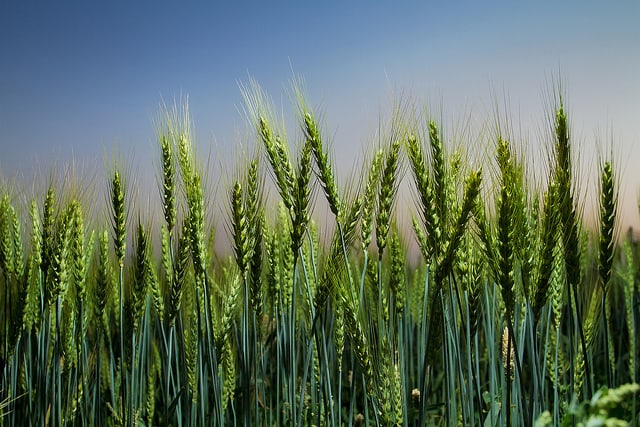
Harmonizing crop trait data: Crop Ontology
Crop Ontology provides scientists and breeders with a common language that describes crop phenotypes and interprets descriptions provided by farmers for the performance of the varieties they prefer.

by Marianne McDade | May 22, 2018 | Communities of Practice, Ontology CoP
Crop Ontology provides scientists and breeders with a common language that describes crop phenotypes and interprets descriptions provided by farmers for the performance of the varieties they prefer.

by Marianne McDade | May 3, 2018 | Agronomy CoP, Communities of Practice, Opinion
Daniel Jimenez on how Data-driven agronomy community of practice will advance data-driven agronomy to support the farmers, technicians and researchers committed to meet the Sustainable Development Goals.

by Marianne McDade | May 3, 2018 | Communities of Practice, Crop Modeling CoP
Standardizing data is central to the success of the Global Crop Improvement Network to improve global integration of crop research.

by Marianne McDade | May 3, 2018 | Communities of Practice, Crop Modeling CoP
Partners in the International Wheat Yield Partnership (IWYP) are finding evidence that increased photosynthesis, through high biomass, improvements in photosynthetic efficiency, and improved plant architecture, can help make wheat more productive.

by Marianne McDade | May 3, 2018 | Communities of Practice, Geospatial CoP
Sessions on big data theme largely addressed the current mismatch between increasing explosion of large volumes of data that outstretch the existing storage and processing capabilities.
CGIAR Platform for Big Data in Agriculture advocates open data for agricultural research for development. It considers that opening up research data for scrutiny and reuse confers significant benefits to society.
However, the Platform appreciates that not all research data can be open and that a broad range of legitimate circumstances may require data to be restricted.

As an integral component of its advocacy for open data, the Platform promotes responsible data management through the entire research data lifecycle from planning, collecting, storing, disclosing or publishing, transferring, discovery and archiving.
These guidelines were created from information collected from: review on best and emerging practices across various sectors in the fast changing landscape of privacy and ethics (130 external resources); privacy and ethic materials sourced from seven CGIAR centers; first draft was circulated for input and feedback across CGIAR and incorporated into this edition. It’s important to note that this is an evolving document, the next stage is to consult externally for further input.
These Guidelines are intended to assist agricultural researchers handle privacy and personally identifiable information (PII) in the research project data lifecycle.


Ensure compatibility with the DMP-PII (as above) and also the purpose for which prior informed consent has been obtained
Ensure PII is stored securely to protect privacy, through organizational or project specific safeguards to prevent unauthorized access, accidental disclosure or breach of data (physical & technical)
Don’t store data in unsecured locations or on unsecured devices or servers
Don’t store encrypted data and encryption keys in locations where they can be easily accessed simultaneously
Don’t underestimate the importance and value of administrative safeguards to standardize practices (i.e. organizational policies, procedures and maintenance of security measures that are designed to protect private information, data and access)